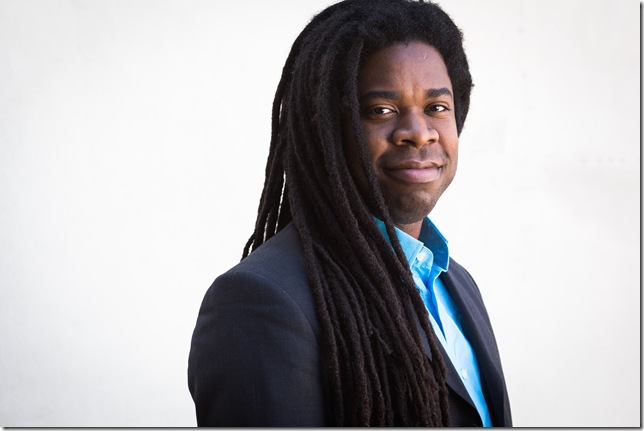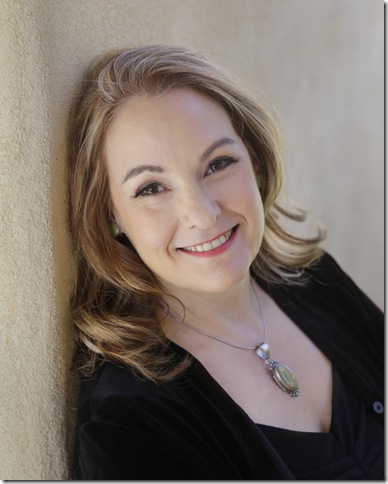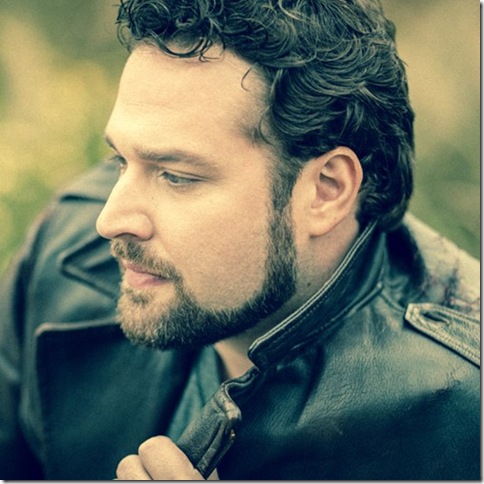By Robert Croan
There are those rare and wonderful times in music when every element comes together and seems exactly right, when a great work is given a performance that captures the meaning and the message of the score. Seraphic Fire, a chamber ensemble led by the brilliant and creative Patrick Dupré Quigley, provided just such a moment Friday evening with an exceptional rendition of Bach’s Cantata No. 82, Ich habe genug, in Fort Lauderdale’s All Saints Episcopal Church.
It was the introduction to a program that featured, on the second half, Mahler’s Das Lied von der Erde — each work an outpouring of sadness and contemplation on the mysteries of life and death. Ich habe genug, composed in 1727, is a perfectly crafted masterpiece, three arias for baritone and small orchestra, each in the baroque da capo form, connected by recitatives that describe resignation, acceptance and ultimately joy at the prospect of the end of life. One does not have to subscribe to Bach’s fundamental Protestant premise – that life on earth is misery but things will be better in an afterlife – to appreciate the emotional truth conveyed in his sublime musical clothing of the words.
Soloist Dashon Burton, a singer previously unknown to me, captured just about every nuance of text and music: the resignation of the opening aria, its intricate theme first stated by the oboe (an obbligato movingly delivered by Rick Basehore); the central “Schlummert ein,” a monument of Western music, with its haunting doubly-repeated melody; and the euphoric dance of death depicted in the concluding section.
This young artist’s voice is not large but it has significant presence and color, which allowed him to make the work’s manifold musical and textual repetitions different every time, unfailingly consequential in his delivery. Remarkably, he seemed to be doing this naturally, without affectation or artifice.
If Das Lied von der Erde did not quite match the near perfection of the Bach, it was no fault of the excellent performers, but rather that this is a rambling work of greater complexity and challenges. Mahler, near the end of his life in 1908-09, created this monumental “symphony of songs,” based on a collection of ancient Chinese poems that had recently appeared in German translation.
The subject, not unlike that of Ich habe genug, is life and death, but here the pessimistic poetry scatters seeds of hope in the continual renewal of life on earth. Whereas Bach’s longing for death is offset by joy in contemplation of heavenly bliss, the refrain of Mahler’s “Drinking Song of the Earth’s Misery” — “Dark is life, dark is death” — is countered by the sight later on of young people drinking and chatting, and the earth eternally blossoming each year in spring.
Mahler scored Das Lied for large orchestra with tenor and alto soloists. Wanting to make the work more accessible, the younger composer Arnold Schoenberg arranged the orchestral part for a chamber ensemble of 14 instruments, a perfect match for Seraphic’s Firebird forces. Conductor Quigley brought out a broad palette of color from this group, which resounded with orchestral fullness in the reverberant spaces of the church.
The smallness of the ensemble actually added to the intimacy and personal communication of the entire event. There were too many instrumental niceties to enumerate: The oboe at the start of “The lonely man in spring,” the prickly percussion in the scherzo-like “Of beauty,” the rich-hued interlude in the final lengthy “Farewell,” were just a few delicious details.
Crucial, of course, were the superlative guest vocal soloists, Metropolitan Opera luminaries Susanne Mentzer and Bryan Hymel. The six songs alternate between the two, from the tenor’s exuberant opening “Drinking Song” to the alto’s grave, half-hour long “Farewell.”
Mentzer, 58 and a veteran of 25 seasons at the Met, is not a deep-voiced contralto in the mold of past-era singers such as Kathleen Ferrier and Maureen Forrester, who were identified with full orchestra performances of this music. Mentzer’s quicksilver mezzo, with its soprano-ish top, lent a clarity of phrasing and subtlety of verbal shading that seldom comes through in the larger format. She is an intelligent musician who gave careful inflection to every word and line.
The insinuation she accorded to a line about “the fairest maiden’s glances” in “Of beauty,” the coloration she applied to “the world falls asleep” in “Farewell,” the longing she expressed a few lines afterward in the words, “why must it be,” were fine points that demonstrated her seasoned artistry.
Hymel, whose accomplishments are in the more heroic repertory, tossed off gruelingly high passages that most tenors can only scream, and did them with gorgeous tone and deceptive ease. His appealing personality and technical aplomb served well as a foil for the more weighty pronouncements assigned to his female counterpart.
Seraphic Fire performs this program again at 8 tonight at Miami Shores Presbyterian Church in Miami Shores, and at 4 p.m. Sunday at the South Miami-Dade Cultural Arts Center in Cutler Bay. Tickets: $55. Call 305-285-9060 or visit www.seraphicfire.org.


